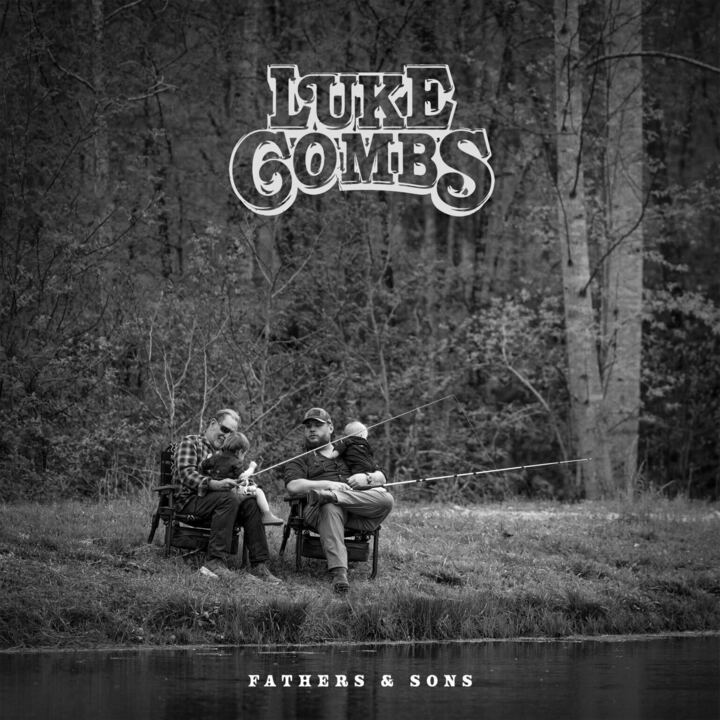The Whistling Choir, a new ensemble of UT students, strays away from traditional means of making music — this choir whistles instead.
The group, founded last December by three music students — freshman Benjamin Stevenson, junior Nicholas Clark, and sophomore Adam Lundell — whistle everything from classical to pop music. The choir hopes to increase its presence on campus by recruiting potential whistlers — no experience required. The group’s first meeting of the semester is Thursday.
“We want to make whistling more of an art form,” Stevenson said. “We want to expand it from something people do while they walk on the side of the road to something people can come into a concert hall and hear.”
The choir held its first practice last semester to discuss logistics and organizational goals. The founders worked to determine everyone’s whistling range and practiced performing “Joy to the World.” The group, comprised of about 12 students, will focus on boosting the size of the ensemble this semester.
“We are going to have some arrangements and try our best to have everyone come together and sound as in tune as possible,” Lundell said. “We also want to design some repertoire for the concert that the audience will enjoy.”
Joshua Miller, conductor of the Collegium Musicum choir and a teaching assistant for the Butler Opera Center, said he first learned about the Whistling Choir after passing by a promotional poster.
“I am interested to see what music they use,” Miller said. “I can imagine that the repertoire could be limiting because of the limited range of the human whistle.”
There are typically four parts in a traditional choir: soprano, alto, tenor and bass. Within these sections, there are roughly four octaves of singable notes. The range for whistling is more limited, creating challenges when it comes time to perform in a concert hall.
“My personal whistle only has about one octave,” Miller said. “That would not carry in performance hall without a microphone. Comparing it to a normal choir is really impossible because the whole premise of a choir is the text — the sung word. It might be more fair to call this a whistling orchestra or band.”
Despite these challenges, the group plans on performing throughout the semester. The dates and times of its performances have not been set yet.
“We don’t want to treat it any differently than any other music forms, so we will be rehearsing much like a choir or band would,” Clark said. “I think we’ll be doing an hour a week. It is going to be difficult the first time to see what exactly we’re capable of doing, but it will be a fun learning year.”
The Whistling Choir is mostly comprised of music majors, but the group’s leaders are trying to cultivate an inclusive learning environment, according to Stevenson. Stevenson sees the choir as an opportunity for students to learn new skills, such as arranging music. He also wants the group to be an educational experience for people who do not have extensive knowledge in music.
“Whistling is another way people can make music with their body,” Stevenson said. “When it’s properly developed and used together, it can be a really interesting experience for listeners and performers.”





















